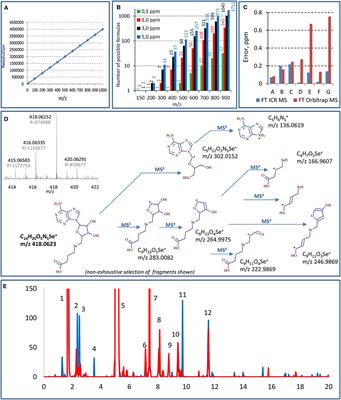EDITORIAL
Published on 10 May 2021
Editorial: Advances in Analytical Techniques and Methodology for Chemical Speciation Study
doi 10.3389/fchem.2021.692144
- 1,483 views
- 1 citation
15k
Total downloads
78k
Total views and downloads
EDITORIAL
Published on 10 May 2021
REVIEW
Published on 06 Apr 2021

ORIGINAL RESEARCH
Published on 15 Mar 2021

ORIGINAL RESEARCH
Published on 04 Mar 2021

ORIGINAL RESEARCH
Published on 24 Feb 2021

ORIGINAL RESEARCH
Published on 02 Feb 2021

MINI REVIEW
Published on 20 Jan 2021

ORIGINAL RESEARCH
Published on 14 Jan 2021

ORIGINAL RESEARCH
Published on 16 Dec 2020

MINI REVIEW
Published on 14 Dec 2020

ORIGINAL RESEARCH
Published on 11 Dec 2020

PERSPECTIVE
Published on 09 Dec 2020
